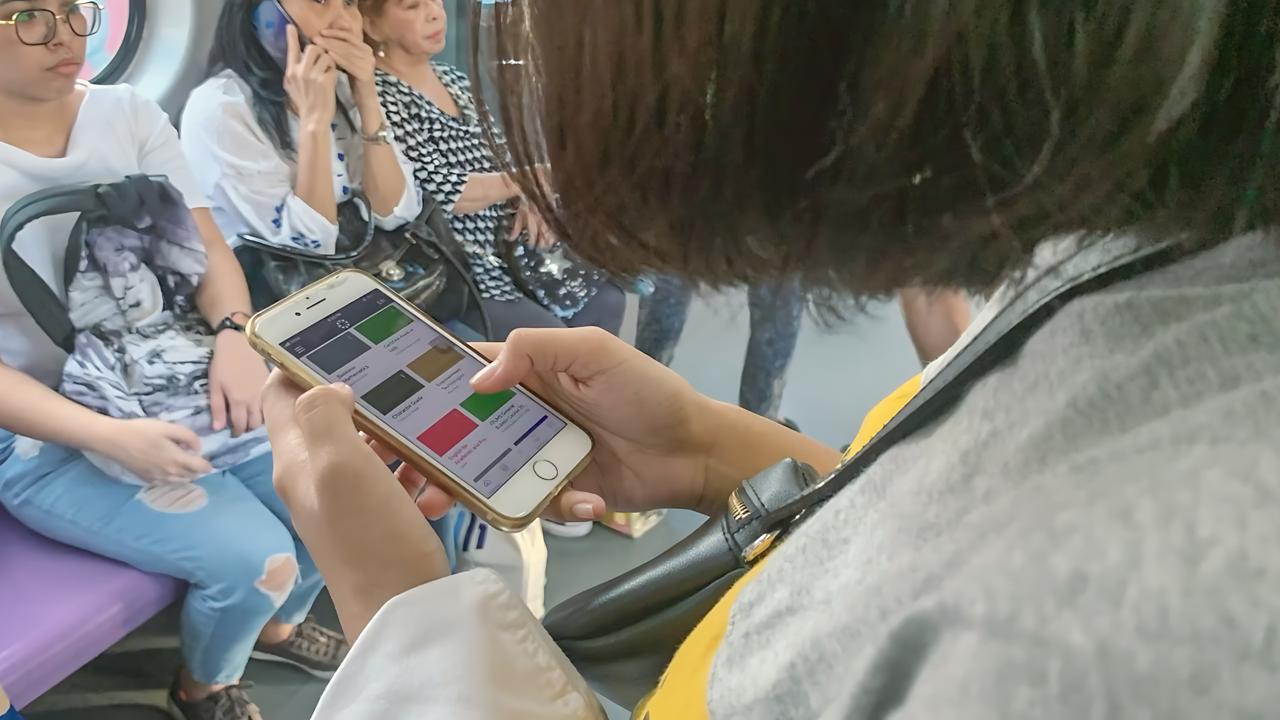Canvas' new offline feature makes learning materials more accessible

US-based educational technology company Instructure has made learning resources more accessible to those with limited cellular or computer availability thanks to its new offline feature.
Canvas Learning Management System is a learning and teaching software used by Ivy League universities and other major universities across the globe for uploading and submitting coursework and as a seamless platform of professional exchange between students and teachers.
In the Philippines, the software has been used by dozens of universities and colleges, including the University of the Philippines, De La Salle University, Ateneo de Manila University, the University of Santo Tomas, and Far Eastern University, since 2017.
In an interview with GMA News Online, Instructure Global Academic Strategy Vice President Ryan Lufkin revealed that the software has launched its newest feature—offline access, which allows students to download and view their coursework even without internet.
The newest feature, available in the Canvas Student app, gives users the option to choose whether they prefer manual or automatic synchronization, including the option to sync only when connected to a WiFi network.
Multiple users can download content on the same device, making it easy for several students within a home to access course content on one mobile device or for classmates to access educational materials when they're together.
“Now, with our offline solution, they can continue to be productive and work outside of those areas where they have WiFi or strong mobile access. We're having heat waves across the globe that's causing energy disruptions. And so it really is a tool that is more and more in demand when you don't have WiFi; you don't have access,” Lufkin said.
Lufkin said that Instructure acknowledged how recent global crises like the COVID-19 pandemic and climate change had a significant negative impact on learners.
In the Philippines, about 19 to 20 tropical cyclones are expected annually, in addition to other possible natural and man-made disasters that could cause learning disruptions.
On top of that, the country’s internet was tagged as the most expensive in Southeast Asia, yet it ranked 41st in the world in terms of average speed.
“We see more disruptions that can impact education; we want to make sure we're providing the functionality that will actually create continuity, right? We see a lot of data on learning losses that students experienced because of COVID and these disruptions. We want to help use the technology to mitigate those and eliminate some of that disruption in the learning experience,” Lufkin said.
Despite the return to face-to-face classes, Lufkin said the offline feature remains essential.
“That's where we really talk about technology-enhanced learning to make sure that they're still using the technology in the classroom to support those students in case of disruption, in case of, you know, the return of COVID, things like that, so that they still have access,” he said.
“Providing learning through technology now really prepares them for those future jobs. And so I think a lot of our institutions really pride themselves on the idea that they are preparing learners for these jobs in technology fields. And by using Canvas, by learning in a digital environment, it really does give them a leg up as they start entering jobs and are using digital tools and computer-based jobs,” Lufkin said.
Universities with a subscription to Canvas already have access to the new tool.
“I think it's actually something that a lot of students almost expect—that seamless experience. And so it really is just making sure that we're keeping up with their expectations. They want to have access to everything all the time. And we want to make sure that we're doing as much as we can to provide that learning experience in the same consistent way that they would get their games and other technologies,” Lufkin said. —VBL, GMA Integrated News




